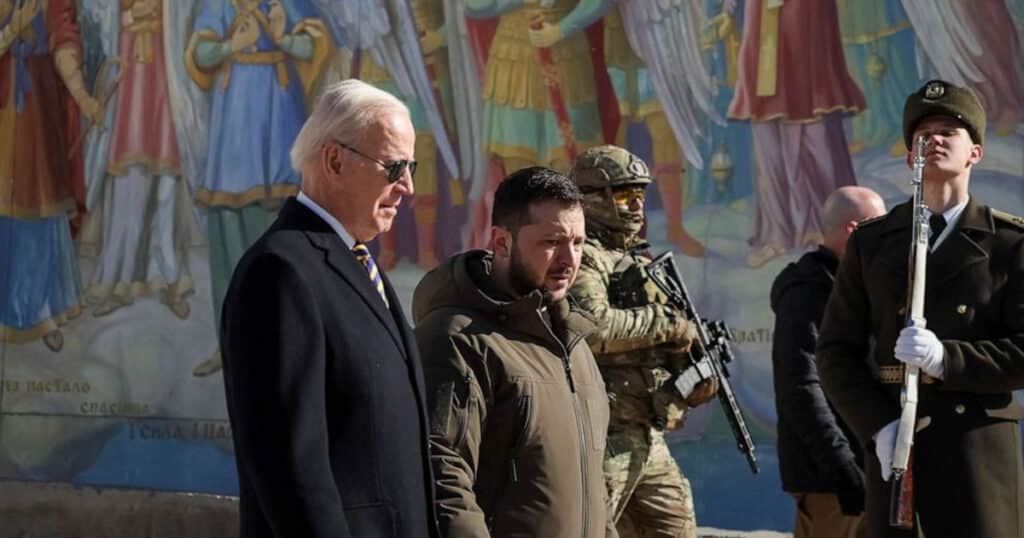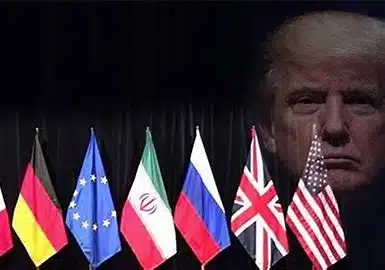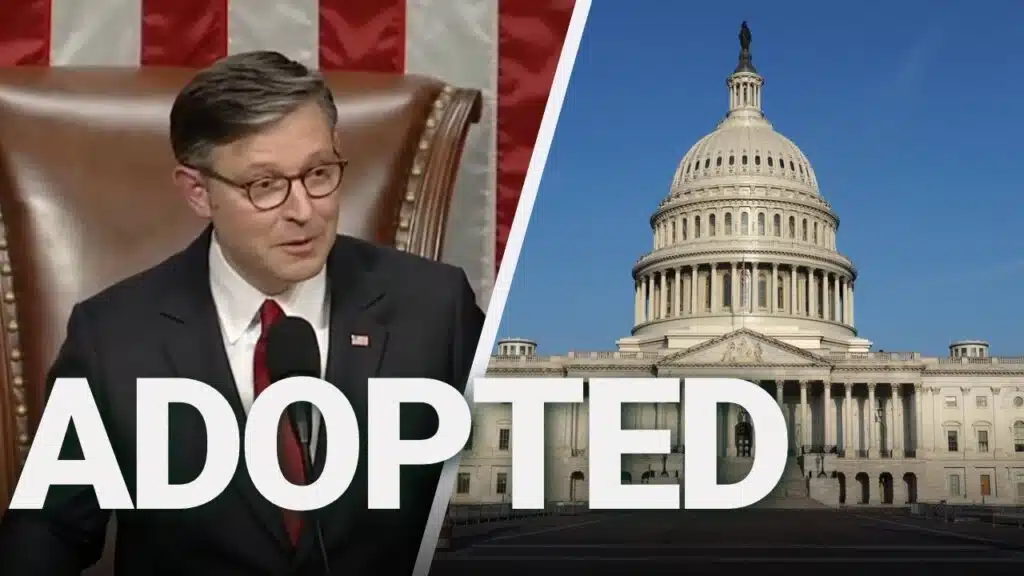
Biden’s Failed Diplomacy: ‘China and Russia Are As Close As Ever’
“Thou art weighed in the balance and found wanting,” said Winston Churchill on October 5, 1938, in assessing the diplomacy of Neville Chamberlain’s government. Chamberlain’s greatest failure was his unwillingness to cooperate with Soviet dictator Josef Stalin to geopolitically balance the greater and more menacing power of Nazi Germany. “I must confess to the most profound distrust of Russia,” Chamberlain admitted. “I distrust her motives, which seem to me to have little connection with our ideals,” he wrote in March 1939. Five months later, the Nazi-Soviet Pact made war in Europe inevitable. Chamberlain’s failed diplomacy pushed Stalin into the arms of his fellow autocrat Hitler and plunged the world into its most destructive war. The Biden administration is making the same mistake today by focusing on trying to help Ukraine defeat Russia instead of urging a negotiated resolution of the war.
Chamberlain’s diplomacy failed because he allowed values to trump geopolitics. Chamberlain was right that Stalin did not share Britain’s “ideas of liberty,” but Stalin’s Soviet Union controlled the geopolitical heartland of Eurasia and was the only continental power that could counterbalance Germany in the east. More than 80 years later, Biden is repeating Chamberlain’s diplomatic error by pushing Russia further into the arms of Xi Jinping’s China, which like Hitler in 1938-1939, presents the greater and more menacing threat to American national security. As CNN reports, “China and Russia are as close as ever since their leaders declared a ‘no limits’ friendship a year ago–partly driven by their shared animosity toward the United States.”
To be fair, the failed U.S. diplomacy in this regard predates the Biden administration. It can be traced back at least to the Clinton presidency which in a fit of diplomatic hubris began the post-Cold War expansion of NATO–a process that continued and accelerated through each successive presidential administration until NATO’s reach approached most of Russia’s western border. NATO expansion revived Russia’s historical insecurities and its aggressive nationalism, just as George Kennan, among others, predicted. Russia signaled this in its diplomacy and its actions–especially Vladimir Putin’s aggressive moves in Georgia in 2008, and in Ukraine in 2014. Meanwhile, China was rising economically and militarily, and that rise was fueled in part by U.S. trade and investments.
China’s rise resulted in the U.S. “pivot” to the Asia-Pacific–at least rhetorically. The emergence of a new peer competitor, however, did not cause U.S. policymakers to adjust their mostly hostile approach to Russia. Putin, like Stalin in the late 1930s, did not and does not share American ideas of liberty so we grouped Putin’s Russia and Xi’s China as our enemies in a value-laden struggle between democracy and autocracy, and like Chamberlain’s government in the 1930s we overlooked or ignored the geopolitical danger of a hostile Eurasian-based great power alliance.
Presidents Obama and Trump seemed to recognize the danger of a renewed Sino-Russian bloc. Obama reacted sensibly to Putin’s invasion of Crimea, noting that Russia has much greater interests in Ukraine than we do. Trump initially attempted to mend fences with Russia, but the phoney “Russiagate” investigations and media frenzy made that impossible. But both Obama and Trump continued the seemingly relentless expansion of NATO. And Russia and China grew ever closer.
The Biden administration has increased the amount of arms and training provided to Ukraine since Russia’s invasion, including supplying tanks, missiles, and artillery platforms, and there is talk of providing fighter aircraft. President Biden’s visit to Kyiv on February 20th–where he announced a half-billion dollars more aid to Ukraine and delivered a value-laden speech about the struggle between freedom and autocracy–occurred simultaneously with Chinese Foreign Minister Wang Yi’s visit to Moscow in the context of reports that China will soon provide “lethal” assistance to Putin’s government. Secretary of State Antony Blinken warned China that it will face “serious consequences” if it provides lethal aid to Russia. And this comes on the heels of China’s military exercises near Taiwan and several incursions into Taiwan’s air defense zone.
Biden is treating Putin today the way Chamberlain treated Stalin in 1938-1939. Perhaps a British-Soviet pact in 1938 might have deterred Hitler (possibly leading to his overthrow by German generals). And while it is true that Stalin in 1938-1939 had not yet invaded another country the way Putin did in 2014 and 2022, both Britain and the United States allied with Stalin even after he invaded Poland, the Baltic Republics and Finland in order to defeat Germany. Chamberlain’s failed diplomacy led to the Nazi-Soviet Pact and World War II. Because of Biden’s failed diplomacy, China and Russia, in CNN’s words, “are as close as ever.”
Francis P. Sempa is the author of Geopolitics: From the Cold War to the 21stCentury, America’s Global Role: Essays and Reviews on National Security, Geopolitics and War, and Somewhere in France, Somewhere in Germany: A Combat Soldier’s Journey through the Second World War. He has written lengthy introductions to two of Mahan’s books, and has written on historical and foreign policy topics for The Diplomat, the University Bookman, Joint Force Quarterly, the Asian Review of Books, the New York Journal of Books, the Claremont Review of Books, American Diplomacy, the Washington Times, The American Spectator, and other publications. He is an attorney, an adjunct professor of political science at Wilkes University, and a former contributing editor to American Diplomacy.
This article was originally published by RealClearDefense and made available via RealClearWire.



